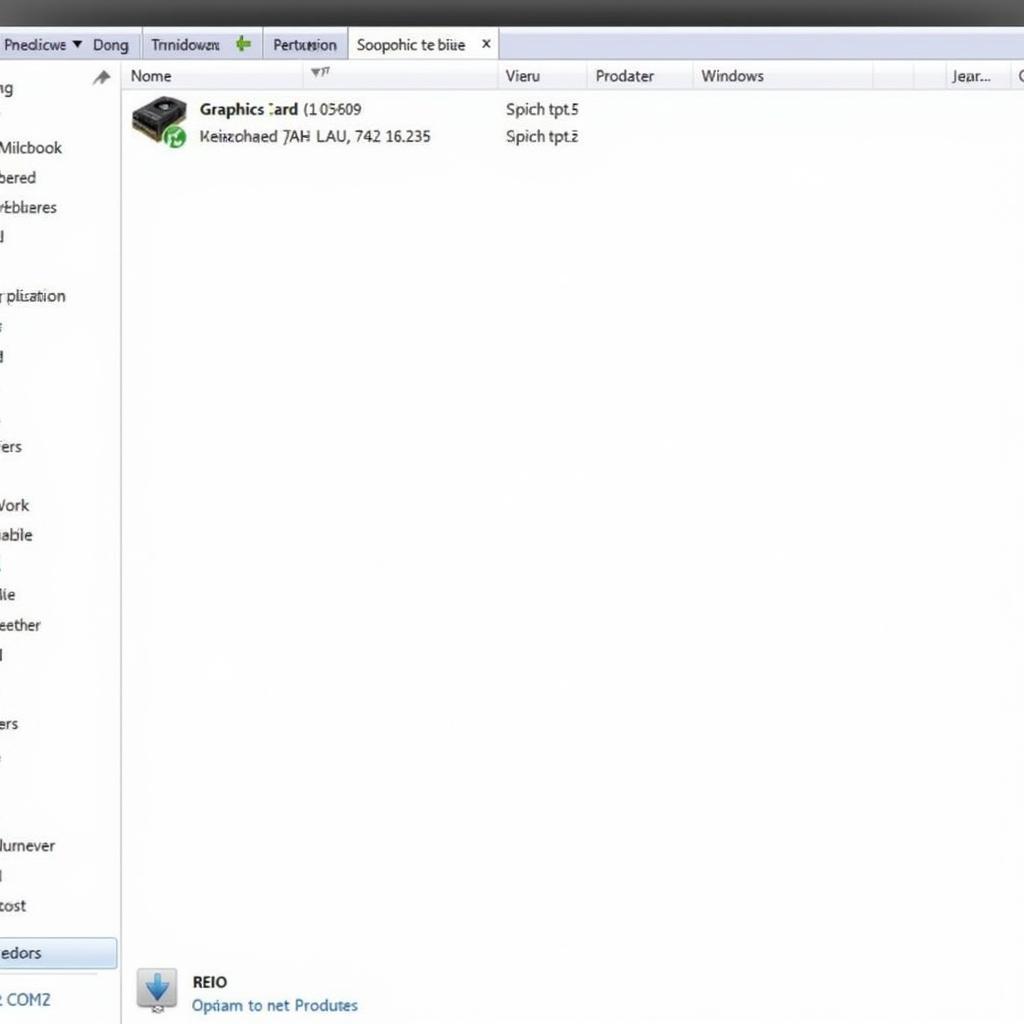CNG cars offer a cleaner and more economical alternative to gasoline-powered vehicles. However, like any car, they require regular maintenance to ensure optimal performance and longevity. This article will explore essential maintenance tips for CNG car owners and mechanics, covering everything from routine checks to troubleshooting common issues.
Routine Maintenance for CNG Cars
CNG cars share many maintenance requirements with traditional gasoline cars. However, the CNG system requires special attention. Here’s a breakdown of the essential maintenance tasks:
1. Engine Oil and Filter Change
Changing the engine oil and filter at the recommended intervals is crucial for all cars, including CNG vehicles. CNG engines may experience slightly higher temperatures due to the nature of CNG combustion, so using high-quality oil and adhering to the manufacturer’s recommendations is essential.
2. CNG Fuel System Inspection
Regularly inspect the CNG fuel system for leaks, cracks, or damage. This includes checking the fuel lines, connectors, and the CNG tank itself. Pay attention to any unusual noises or smells coming from the fuel system.
3. CNG Tank Pressure Test
CNG tanks are designed to withstand high pressure, but over time, they can become damaged or corroded. Regular pressure tests are essential to ensure the tank’s integrity and safety.
4. Spark Plug Inspection and Replacement
Spark plugs play a vital role in igniting the CNG-air mixture. Inspect the spark plugs regularly for wear and tear, and replace them as recommended by the manufacturer.
5. Air Filter Replacement
CNG engines require clean air to operate efficiently. Replace the air filter regularly to prevent dust and debris from accumulating in the engine.
6. Fuel Injection System Cleaning
CNG fuel injection systems can become clogged over time, leading to poor fuel economy and engine performance. Regular cleaning of the injectors is essential to maintain optimal performance.
7. Valve Adjustment
CNG engines may require valve adjustments more frequently than gasoline engines. Consult your owner’s manual for the recommended intervals and have the valves adjusted as needed.
8. Tire Pressure and Alignment
Maintaining proper tire pressure and alignment is essential for all vehicles, including CNG cars. This helps improve fuel economy, handling, and tire longevity.
Troubleshooting Common CNG Car Problems
CNG cars are generally reliable, but they can sometimes experience issues. Here are some common problems and how to address them:
1. Engine Misfire or Stalling
CNG engines may misfire or stall if the spark plugs are worn, the fuel system is clogged, or the CNG tank pressure is low. Inspect these components and address any issues.
2. Reduced Engine Power or Performance
CNG engines can experience reduced power or performance due to various factors, such as a clogged air filter, a faulty fuel injection system, or a worn CNG tank valve. Inspect these components and address any issues.
3. CNG Tank Leaks
CNG tank leaks are a serious safety hazard. If you suspect a leak, immediately take your car to a qualified technician for inspection and repair.
4. CNG Fuel System Problems
CNG fuel system problems can manifest in various ways, such as engine stalling, reduced power, or strange noises. Inspect the system for leaks, damage, or blockages and address any issues.
Expert Insights on CNG Car Maintenance
“Regular maintenance is crucial for maximizing the lifespan and performance of CNG cars,” says Mark Johnson, a certified CNG technician with over 20 years of experience. “Investing in preventative maintenance can save you money in the long run by preventing major repairs.”
Sarah Williams, a CNG car owner and advocate for sustainable transportation, adds: “Keeping your CNG car well-maintained ensures not only optimal performance but also promotes safety and environmental responsibility.”
Conclusion
Maintaining your CNG car is essential for ensuring optimal performance, safety, and fuel economy. Following these maintenance tips can help you keep your car running smoothly for years to come.
If you have any questions or need assistance with CNG car maintenance, please contact Autotippro for expert advice and support.
AutoTipPro
+1 (641) 206-8880
500 N St Mary’s St, San Antonio, TX 78205, United States
FAQs
Q: How often should I have my CNG tank pressure tested?
A: CNG tank pressure tests are usually recommended every 1 to 2 years, but it’s best to consult your car’s owner’s manual for specific recommendations.
Q: Can I use regular gasoline in my CNG car?
A: CNG cars are designed to run solely on compressed natural gas. Using gasoline will damage the engine and void the warranty.
Q: Where can I find certified CNG mechanics?
A: You can find certified CNG mechanics by contacting your local CNG fuel provider, auto repair shops specializing in CNG vehicles, or online directories.
Q: Is it more expensive to maintain a CNG car compared to a gasoline car?
A: CNG cars generally have similar maintenance costs compared to gasoline cars, but the CNG fuel system requires specialized attention and expertise.
Q: What are the benefits of using CNG as fuel?
A: CNG is a cleaner-burning fuel than gasoline, producing fewer emissions and contributing to a healthier environment. CNG is also typically less expensive than gasoline, saving you money at the pump.






Leave a Reply